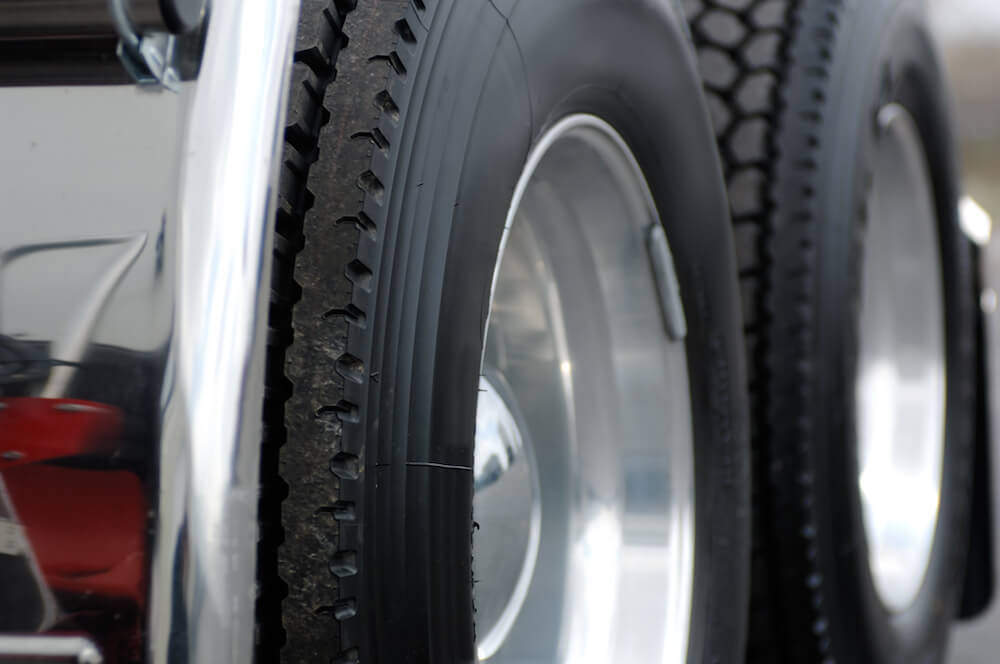Congress passed a bill in 2012 that increased qualifications to receive federal highway funding. Known as MAP-21, or Moving Ahead for Progress in the 21st century, the bill required the Federal Motor Carrier Safety Administration (FMSCA) to make it mandatory for commercial truckers to maintain an electronic logging device (ELD) – in other words, the ELD rule.
The ELD electronically records a driver’s RODS, which stands for Record of Duty Status. Commercial drivers must use ELD as of December 2017. However, fleets that did not already have the equipment for ELD have until December 2019 to become compliant. These systems automatically track a driver’s Hours of Service (HOS) and significant data about the vehicle. HOS is especially important to ensure adherence to FMCSA safety regulations that prohibit driving after a certain number of consecutive hours and mandates rest breaks to promote public safety.
All commercial truckers are expected to comply with ELD regulations and the ELD rule. This includes domiciled Canada to Mexico drivers.
Who does not have to comply with the ELD rule?
Drivers do not have to keep a RODS or use an ELD if they use timecard exceptions for short hauls. Other exceptions include:
- Drivers who keep RODS for less than eight days in any 30-day period.
- Drivers of commercial trucks with a manufacturing year earlier than 2000.
- Drivers involved in a tow-away and drive-away operation, which is the transport of an empty or unladen commercial vehicle that has at least one set of wheels on the roadway surface during transportation.
Although the drivers listed here have no legal requirement to use ELD, they must still keep up with RODS requirements and prepare a RODS when required to do so by a supervisor, FMCSA representative, insurance representative, or another interested party. Drivers who fit into this category can produce their RODS using a logging software program, a paper log, or an ABORD. The latter stands for Automatic On-Board Recording Device.
Benefits of ELDs and how they work.
When first installing an ELD, it must internally sync with the engine of the truck to provide accurate data. This ensures the capture of all driver segments. The data captured from the truck and engine passes through to a fleet or safety manager who can view electronic logs live in real time. This enables everyone in the trucking operation to work in full cooperation with one another.
These devices can capture much more information than just the RODS. For example, the device can transmit a DVIR, which stands for Driver Vehicle Inspection Report and automatically transmit information on such behaviors as speeding, idling, and pressing on the brakes too hard. The device helps to save time for drivers by reducing paperwork they must complete, including a manual log. It also informs dispatchers of up-to-the-minute driver status to enable drivers to plan future loads better in conjunction with HOS requirements.
Get quotes for big rig insurance.
In addition to keeping up with and following federal regulations, you need to make sure you have the proper commercial insurance coverages for a wide range of situations. Our team is here to help you find the 18-wheeler insurance you need. Please complete this short form to initiate a search of trucking insurance companies to compete for your business.



